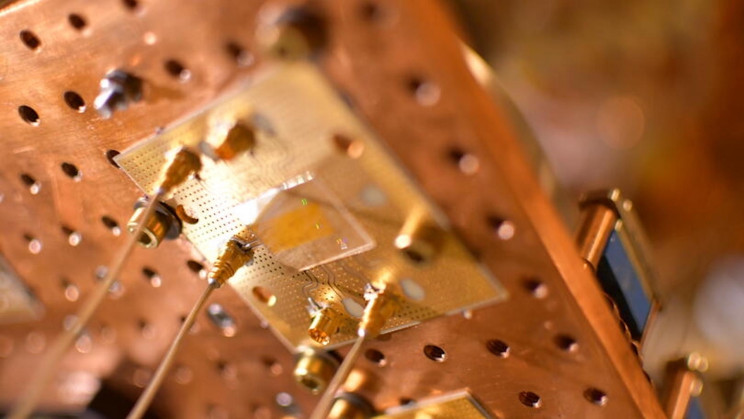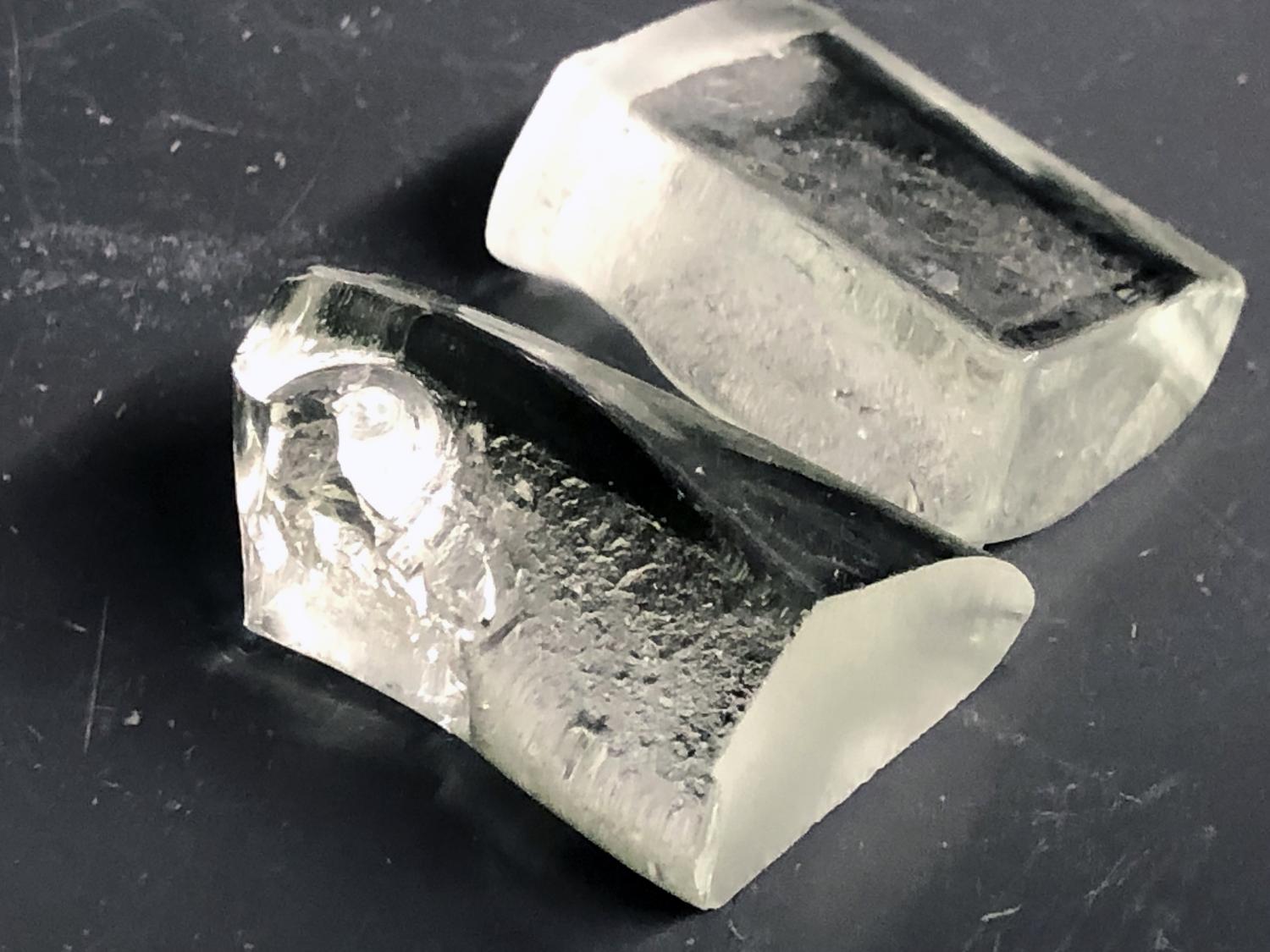Although energy generated using wind turbines is renewable, it involves the use of expensive rare-earth magnets in large wind turbines.
So in order to eliminate expensive rare-earth magnets in utility-scale direct-drive wind turbines, Sandia National Laboratories researchers have come up with a technology called Twistact. Basically, researchers have developed a fundamentally new type of rotary electrical contact.
What is this Twistact Technology?
Twistact technology involves transmitting electrical current between a stationary and rotating frame, or between two rotating assemblies having different speeds or rotational directions.
Twistact technology offers many benefits. It not only removes the use of rare-earth magnets but also offers no maintenance or replacement parts. It also eradicates the two physical degradation processes, sliding contact and electrical arcing. These physical degradation processes impact the performance of traditional rotary electrical contacts. This technology is perfect for application in wind turbines.
Jeff Koplow, researcher and engineer at Sandia, said, “We knew it could be a game-changer if we could find a way around the limited lifespan of conventional rotating electrical contacts. I began to think that perhaps every conceivable rotary electrical contact architecture hadn’t been thought of yet. We spent a lot of time wondering if there was another plausible way.







